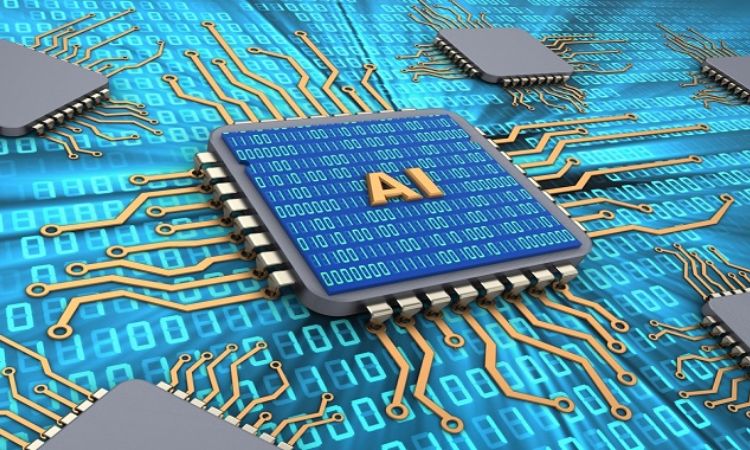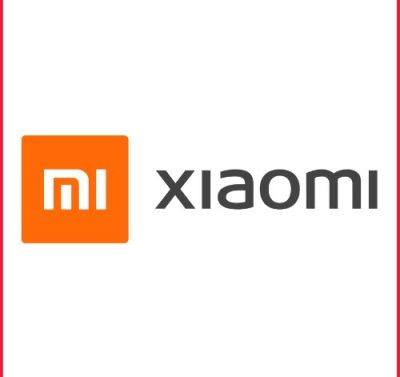At a time when many chip startups are having difficulty raising capital, the Silicon Valley-based artificial intelligence semiconductor startup d-Matrix has received $110 million from investors that include Microsoft Corp (MSFT.O).

According to sources Reuters spoke with, Nvidia’s (NVDA.O) dominant position in the AI chip industry as a result of a potent combination of hardware and software has scared off potential investors in certain businesses. Nvidia opted not to respond.
Microsoft and Palo Alto venture capital firm Playground Global were also a part of the Series B fundraising round, which was headed by Temasek of Singapore.
CEO Sid Sheth told Reuters that “this is capital that understands what it takes to build a semiconductor business.” They have previously carried it out. This is money that we can keep around for a while.
According to Sheth, the Santa Clara firm began its fundraising campaign about a year ago. The company has already raised $44 million, but it did not disclose the valuation.
D-Matrix creates semiconductors that are well-suited to power generative AI programs like ChatGPT. The business incorporates digital “in-memory compute” into the chips’ design so that AI computer programs can operate more effectively. Because it is designed for these duties, the company’s chip technology consumes less energy when processing the data needed to generate AI solutions.
D-Matrix differentiates itself from Nvidia in part because it does not compete with Nvidia by developing technology that trains massive AI models; instead, it focuses on the “inference” phase of AI processing.
Sasha Ostojic, a Playground partner, claimed, “We have solved the computer architecture.” “We built a software stack to deliver the lowest latency in the industry by orders of magnitude,” the authors write. “We have solved the low power requirements and the needs of a data centre.”
When the chip debuts early next year, Microsoft has committed to testing it for its own purposes, Sheth told Reuters.
This year, D-Matrix anticipates earning less than $10 million in sales, primarily from customers that buy chips for testing. In two years, the company anticipates making more than $70 million to $75 million in revenue and becoming profitable, according to Sheth.















